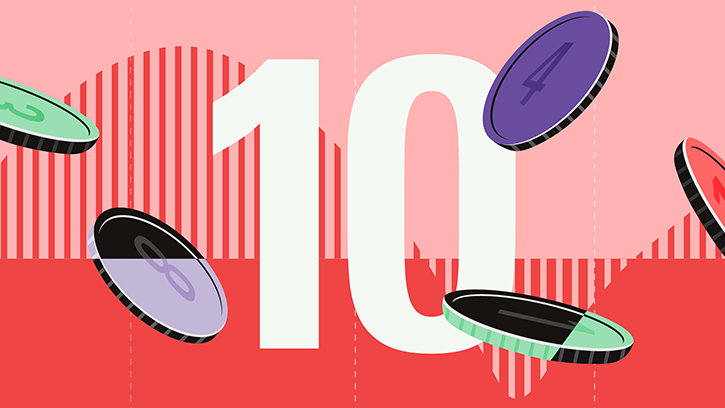
In figures released on Wednesday, the annual inflation rate in June is forecast to have remained at the official 2% target, according to FactSet consensus. In May, the Consumer Price Index also rose by 2%.
The likely lack of change in the headline CPI number belies the changes in the wider economy since the last inflation print was released on June 19. A new UK government took control on July 5 after 14 years of Conservative rule. With a massive majority, the new Starmer administration has a substantial mandate to implement a range of new fiscal measures.
In a note published the day before the election result, ratings agency Morningstar DBRS added a note of caution to the prevailing political excitement.
“In our view, the Labour’s economic plan seems ambitious and is subject to execution risks, and even if fully implemented, the results will take time to materialise.
“We see execution risks in Labour’s plans, largely because of the scale of the investment needed. Moreover, poor effectiveness of the plans could lead to lower-than-expected growth, with adverse implications for the fiscal outlook.”
Before the election, UK GDP saw 0.9% growth in May, beating the forecasts for growth of 0.5%. And this better-than-expected UK economic growth, coupled with the new government, provided support for the pound in July. Sterling has gone from €1.15 at the start of 2024 to €1.19 and from $1.27 to $1.30 in the same period.
Will a Stronger Pound Help Inflation?
Stronger currencies tend to weaken the impact of inflation of countries that are heavily dependent on imports, like the UK. Imports become cheaper and exports become less attractive to trading partners in other currencies.
Currency weakness since the Brexit vote in 2016 has been an additional factor in exacerbating the high inflation era in the UK, some economists have argued; Bank of England governor Andrew Bailey, in May’s press conference, said that the UK has been subject to global factors such as high energy and food costs, but has its own inflation dynamics which affect and enhance price changes. Inflation peaked at 11.1% in October 2022 in the UK, higher than the peak levels seen in the eurozone and US.
While a stronger pound may weigh on inflation, higher economic growth can be inflationary. This effect is probably in the very early stages, as growth is starting from a very low base – GDP registered no change in the first quarter of 2024, although this was subsequently revised upwards. In economic theory, a stronger economy drives inflationary activity as consumers compete for goods and services, driving up prices like flights, cars and houses.
In terms of the finer details of Wednesday's data, the focus will remain on core CPI. This measure, which excludes more volatile energy and food prices, fell to 3.5% in May and is expected to come in at 3.4% in June.
Policymakers are more concerned about core CPI because it's falling more slowly than the headline rate of inflation and is also higher than that measure. Services inflation is also a worry for the Bank, because its still running above 5%.
When Will the Bank of England Cut Interest Rates?
The Bank itself has “skipped” July in its calendar of monetary policy meetings and meets again on August 1. Financial markets are predicting the first rate cut of the cycle on that date, which would be a year since the Bank last hiked rates, to 5.25%.
Has the new government altered that rate-curring timetable? Perhaps, some economists say.
In a note, Kathleen Brooks, research director at XTB, says that the Bank could raise inflation targets in August.
“There is a decent case for the BOE to wait until we get the new government’s first budget before cutting interest rates.”
Chris Forgan, portfolio manager at Fidelity, argues that the Bank, after all the talk, may just get on with it.
“Services inflation is still higher than the Bank of England would like, but we believe it will begin its rate cutting cycle before long, which should further stimulate economic activity.”
If the Bank doesn’t cut in August, attention would then move to the September 19, November 7 and December 19. Labour’s first budget could happen between mid-September and the end of October. Still, last year the Conservative party announced its autumn statement on November 22, 2023.



























